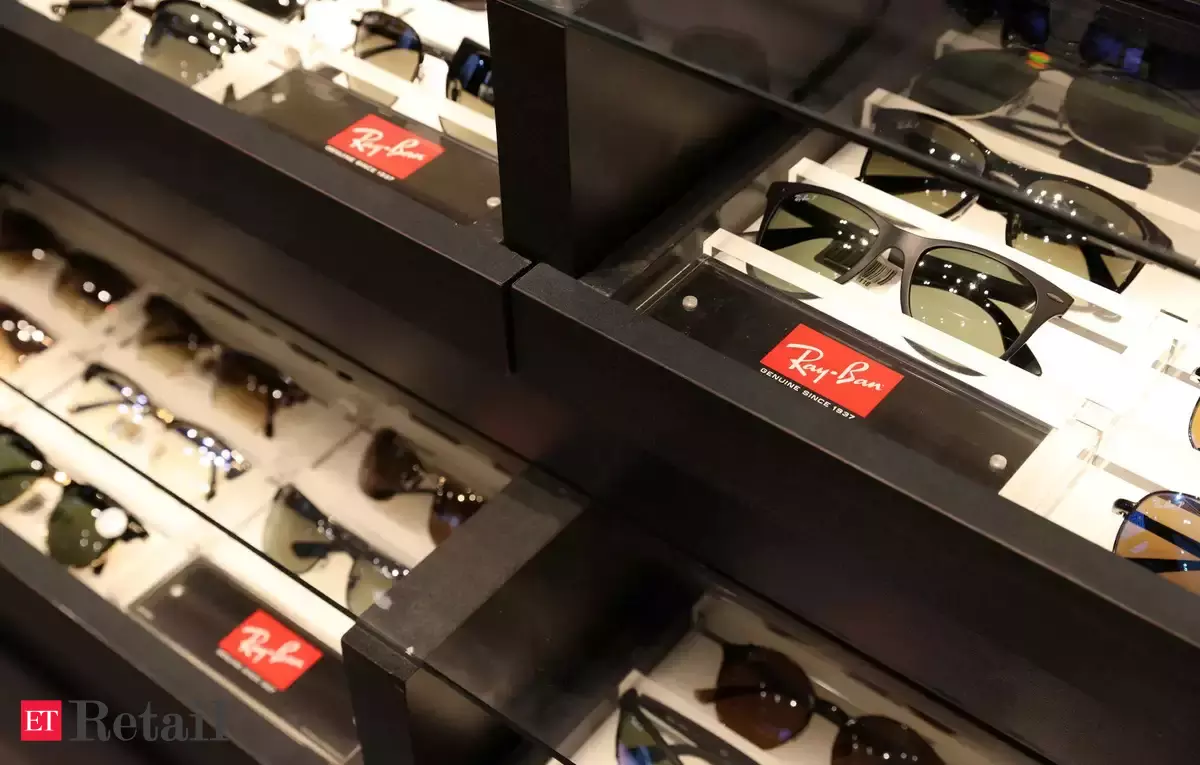EssilorLuxottica, the eyewear powerhouse, is urging a U.S. judge to dismiss what it describes as “misguided” consumer lawsuits that accuse the company of monopolizing the markets for designer frames and prescription lenses, leading to inflated prices for customers.
In a court filing submitted on Wednesday, the company requested U.S. District Judge Mary Kay Vyskocil in Manhattan to reject the plaintiffs’ claims, arguing that they had failed to provide sufficient evidence to support allegations of violating U.S. antitrust laws.
The lawsuits, first initiated last year and subsequently consolidated in Manhattan, claim that EssilorLuxottica employed a series of acquisitions and restrictive sales agreements to illegitimately dominate the eye products market.
EssilorLuxottica’s filing stated, “Their claims amount to nothing more than a contention that building a successful company over many decades is unlawful.” The company asserted that this does not constitute an antitrust violation but is rather indicative of sound business practices.
As of now, attorneys for the plaintiffs have not responded to requests for comments, nor have representatives from EssilorLuxottica.
The Italian eyewear giant Luxottica merged with French lens maker Essilor in a landmark $58 billion deal in 2018, creating EssilorLuxottica. The company owns several major retail chains, including LensCrafters, Sunglasses Hut, and For Eyes, as well as popular eyewear brands like Persol, Oliver Peoples, and Oakley.
Two related lawsuits are seeking class action status for consumers who purchased products from EssilorLuxottica and its affiliates, including those who acquired items indirectly through optometrists.
Plaintiffs argue that EssilorLuxottica has established a network of anticompetitive agreements, offering consumers only “an illusion of choice in a competition-free ecosystem.” They allege that the company has captured over half of the nearly $8.5 billion U.S. retail market for premium eyewear.
In its motion to dismiss the lawsuits, EssilorLuxottica contended that it operates within a highly competitive industry, asserting that the plaintiffs’ collection of antitrust claims fails to demonstrate any exclusion of potential competitors. The company pointed to new entrants like Warby Parker, which have quickly established substantial eyewear businesses under their own brands.



